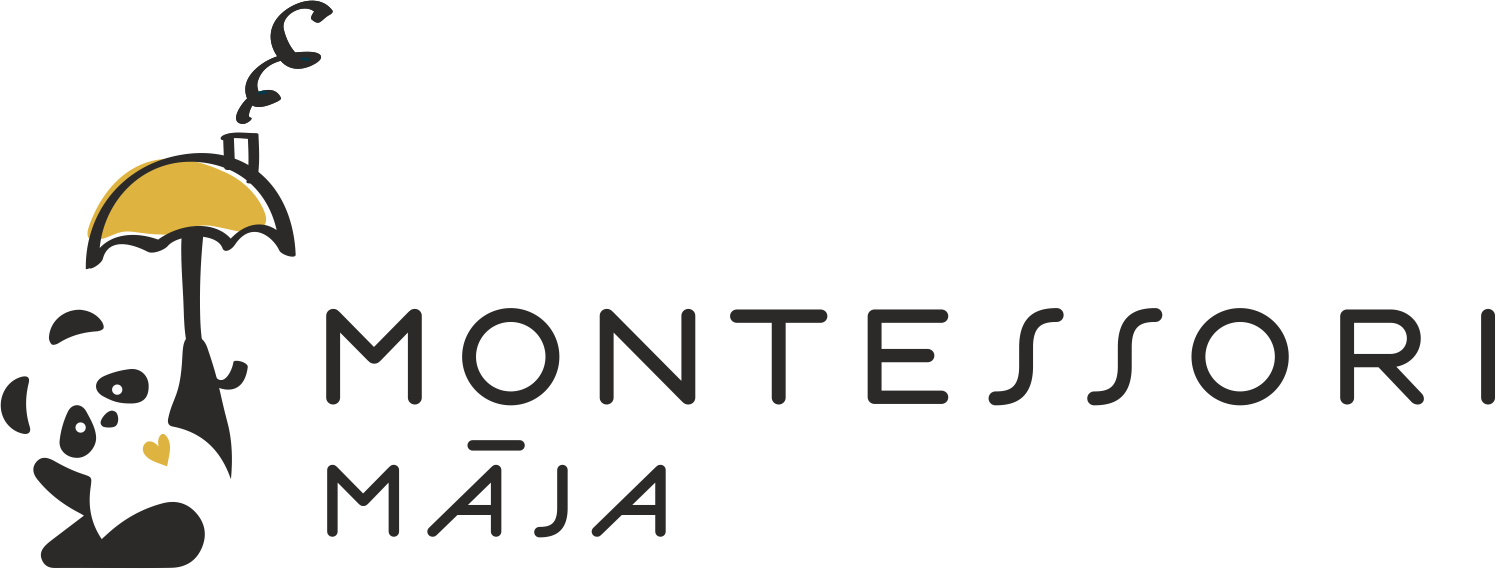
Montessori philosophy
For more than a century now, the child-focused approach that Dr. Maria Montessori, an Italian physician, developed for educating children has been transforming schools around the globe. As soon as you enter a classroom, you know that something different is afoot. Montessori classrooms are immediately recognizable. You will see children working independently and in groups, often with specially designed learning materials; deeply engaged in their work; and respectful of themselves and their surroundings.
The Montessori Method fosters rigorous, self-motivated growth for children in all areas of their development—cognitive, emotional, social, and physical.
The Montessori Method fosters rigorous, self-motivated growth for children in all areas of their development—cognitive, emotional, social, and physical.


Benefits of a Montessori environment
- Each child is valued as a unique individualMontessori education recognizes that children learn in different ways, and accommodates all learning styles. Students are free to learn at their own pace, each advancing as he is ready, guided by the teacher and an individualized learning plan.
- Beginning at an early age, Montessori nurtures order, concentration, and independenceIntentional classroom design, materials, and daily routines support the student's emerging "self-regulation" (the ability to educate one's self, and to think about what one is learning), in toddlers through adolescents.
- Students are part of a close, caring community.The multi-age classroom—typically spanning 3 years—re-creates a family structure. Older students enjoy stature as mentors and role models; younger children feel supported and gain confidence about the challenges ahead. Teachers model respect, loving kindness, and a peaceful conflict resolution.
- Montessori students enjoy freedom within limitsWorking within parameters set by their teachers and the classroom community, students are active participants in deciding what their focus of learning will be.
- Students are supported in becoming active seekers of knowledgeTeachers provide environments where students have the freedom and the tools to pursue answers to their own questions. Internal satisfaction drives the child's curiosity and interest and results in joyous learning that is sustainable over a lifetime.
- Self-correction and self-assessment are an integral part of the Montessori classroom approachAs they mature, students learn to look critically at their work, and become adept at recognizing, correcting, and learning from their errors.
- Montessori supports social-emotional skillsContemporary research supports the 100-year-old Montessori Method's effectiveness, indicating that children who learn in Montessori classrooms demonstrate stronger social-emotional skills in many areas than children in more traditional environments.
From its humble beginnings more than 100 years ago as a single schoolroom for a group of underprivileged children in Rome, Italy, Montessori education has taken a firm foothold on the education landscape. In the U.S. alone, approximately 5,000 Montessori schools now serve over one million children, from infancy through adolescence. Thousands more Montessori schools exist worldwide.
Currently, China, in particular, is seeing unprecedented demand, and education groups are working as diligently as they can to train the teachers and build the schools needed to meet it.
Well-known personalities have been educated in Montessori schools.
Among them:
Currently, China, in particular, is seeing unprecedented demand, and education groups are working as diligently as they can to train the teachers and build the schools needed to meet it.
Well-known personalities have been educated in Montessori schools.
Among them:
- Larry Page and Sergey Brin, founders of Google;
- Amazon CEO Jeff Bezos;
- Chelsea Clinton, daughter of former U.S. President Bill Clinton and former U.S. Secretary of State Hillary Clinton; vice-chair of the Clinton Foundation;
- Gabriel García Marquez, author, Nobel Prize in Literature recipient;
- Joshua Bell an American world-famous violinist and conductor;
- Steve Wozniak (Co-Founder of Apple);
- Prince William, Duke of Cambridge;
- Prince George of Cambridge, the eldest child of Prince William, Duke of Cambridge, and Catherine, Duchess of Cambridge;
- Prince Harry, Duke of Sussex;
© 2020 Montessori Maja
Admission
Other
